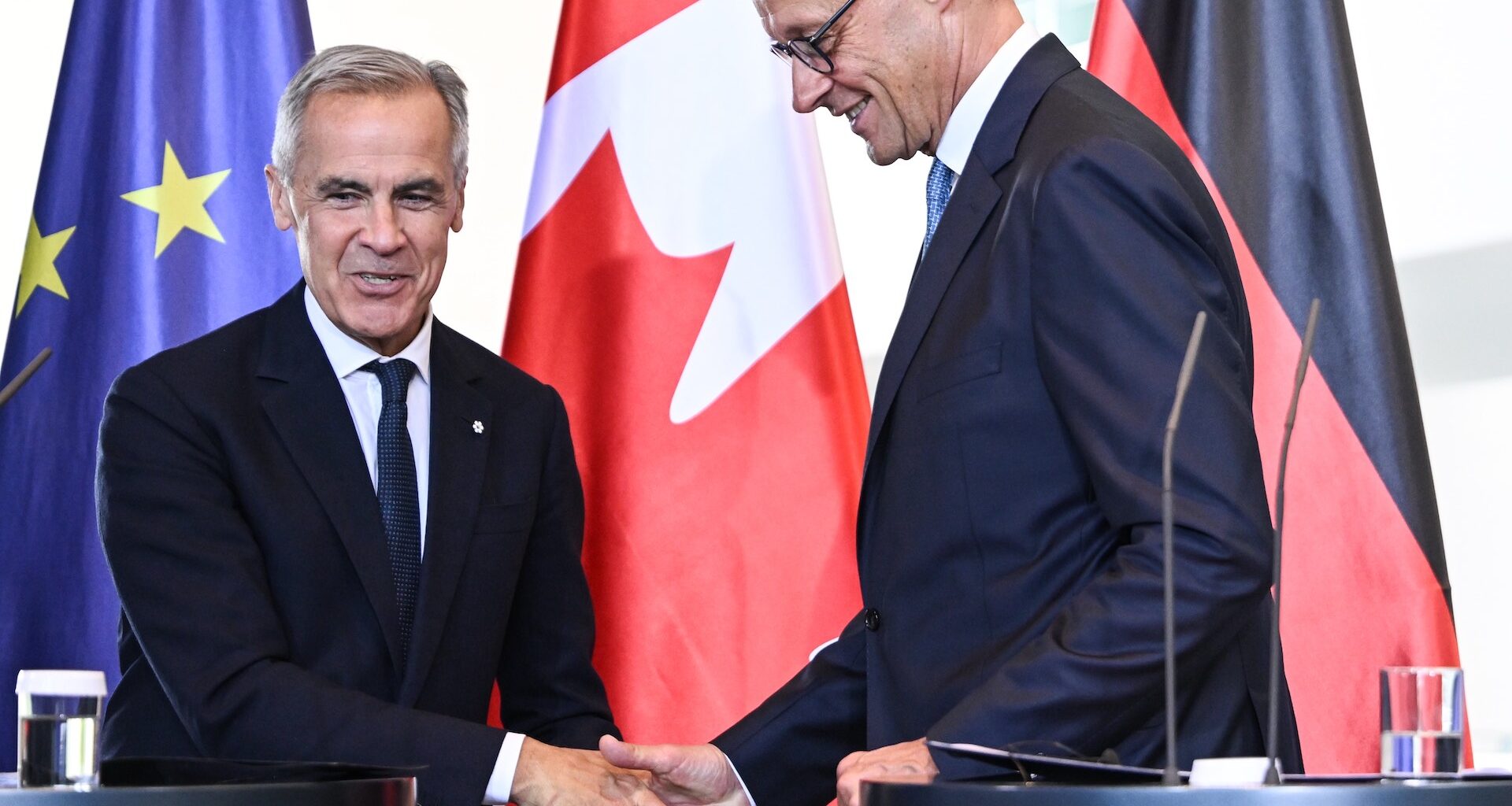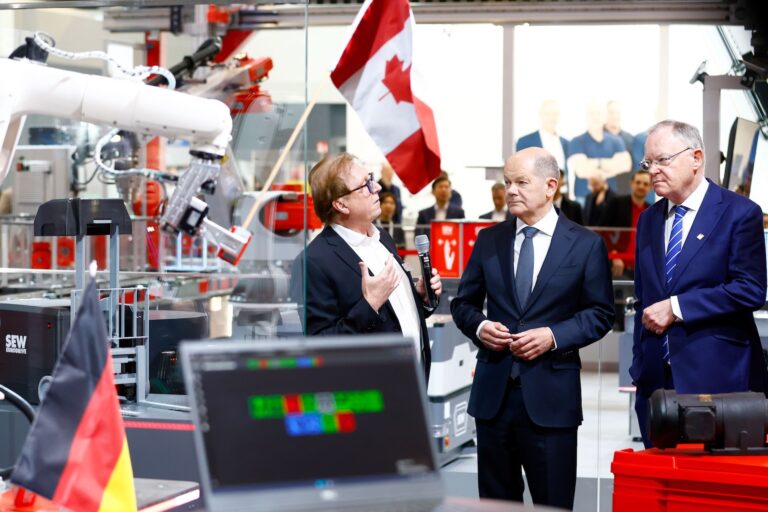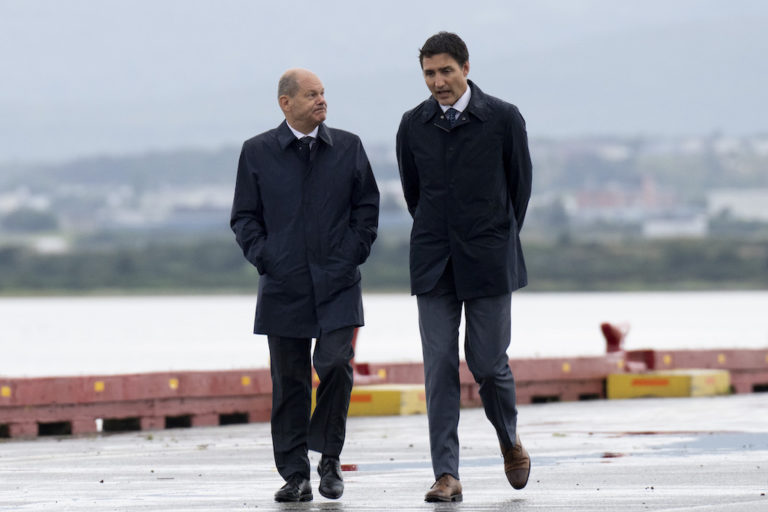Canada struck an agreement with Germany to develop critical minerals tech, hopes to export natural gas through Churchill, Man., and will buy new submarines from either Germany or South Korea, Prime Minister Mark Carney said Tuesday in a news-packed visit to Berlin.
Critical minerals deal
The declaration on critical minerals says Canada and Germany will work together on “midstream technologies.” Not mining them, that is, but processing, refining and recycling. They will focus on lithium, copper, tungsten, gallium, germanium, nickel and rare earth elements.
Carney touted three new agreements in this vein between German and Canadian companies. Germany’s Aurubis, a smelter and recycler, is to buy copper concentrate from Canada’s Troilus; Vacuumschmelze, which makes magnets, is to buy rare earth oxides from Canada’s Torngat; and Rock Tech Lithium, which operates in both countries, is to buy renewable energy for a German plant from Germany’s Enertrag.
Gas through Hudson Bay
The Liberals plan to invest in an expansion of the Port of Churchill so substantial it will practically be a new port on the shore of Hudson Bay, Carney said in a news conference with German Chancellor Friedrich Merz. The intent is to create opportunities to export liquefied natural gas (LNG), he said. In a written statement, Carney said “Canada will begin discussions regarding the supply of LNG to German buyers.”
That’s a change from his predecessor Justin Trudeau’s view (despite advice to the contrary) that there was no real business case for eastbound exports of Canadian gas. Germany wanted LNG in 2022, as it weaned itself off Russian supplies, but there was almost no infrastructure to ship LNG east from Canada.
(Work continues on the hydrogen agreement Trudeau struck with Merz’s predecessor Olaf Scholz, the written statement said.)
Carney did not say directly that the Churchill project will be designated a national priority under the Building Canada Act that Parliament passed in June. Nor did he say that the Western Energy Corridor, a scheme that includes an LNG pipeline from Alberta and Saskatchewan to Churchill, would qualify as one.
Other ports on the to-do list
The prime minister also listed Montreal’s Contrecoeur port expansion and “other East Coast ports for those critical metals and minerals” as targets for federal investments that will start to be announced within two weeks.
German ‘U-booten’ or Korean ‘jamsuham’
Backed by a formal announcement from Public Services and Procurement Canada, Carney said in Berlin that Germany’s Thyssenkrupp and South Korea’s Hanwha Ocean are the two finalist bidders to supply Canada with up to a dozen new patrol submarines. He was to visit Thyssenkrupp’s shipyard and will see Hanwha’s in October, he said.
Canada has been soliciting preliminary proposals since July 2024. The navy wants to take delivery of the first sub by 2035; its four Victoria-class boats, bought second-hand from Britain in 1998, are to go out of service a few years after that.
Hanwha, formerly called Daewoo Shipbuilding, has lined up a roster of Canadian partners for the project. Thyssenkrupp, the venerable German arms manufacturer that boasts of working on subs (still referred to as “U-booten”) since the earliest days of the technology is working on assembling a Canadian consortium.
On to Latvia, then home
Carney left Germany for Riga, Latvia, where he met Prime Minister Evika Siliņa and said Canadian troops will extend their Operation Reassurance presence in the fellow NATO member country by three years.


